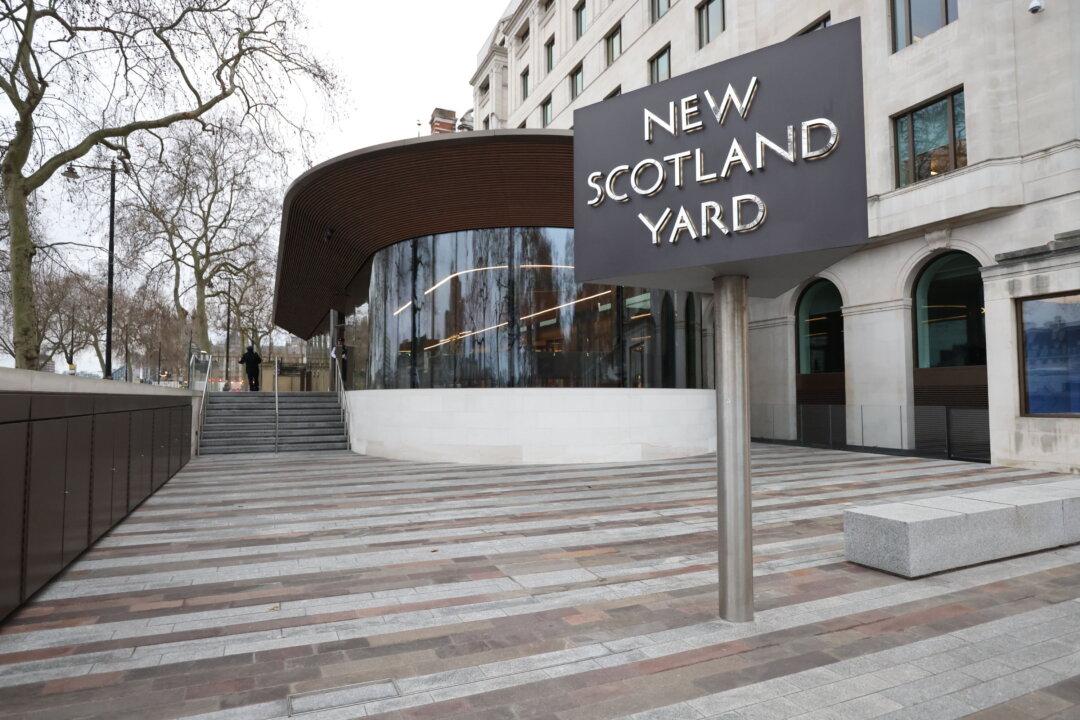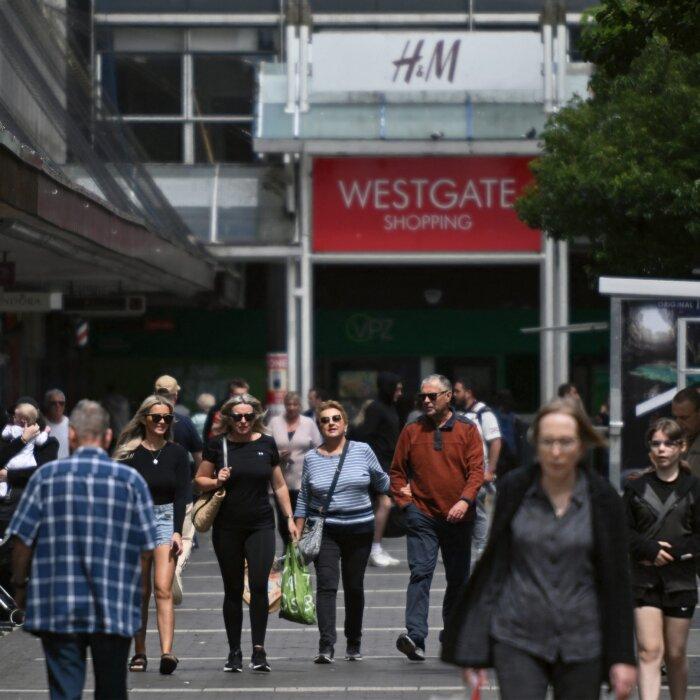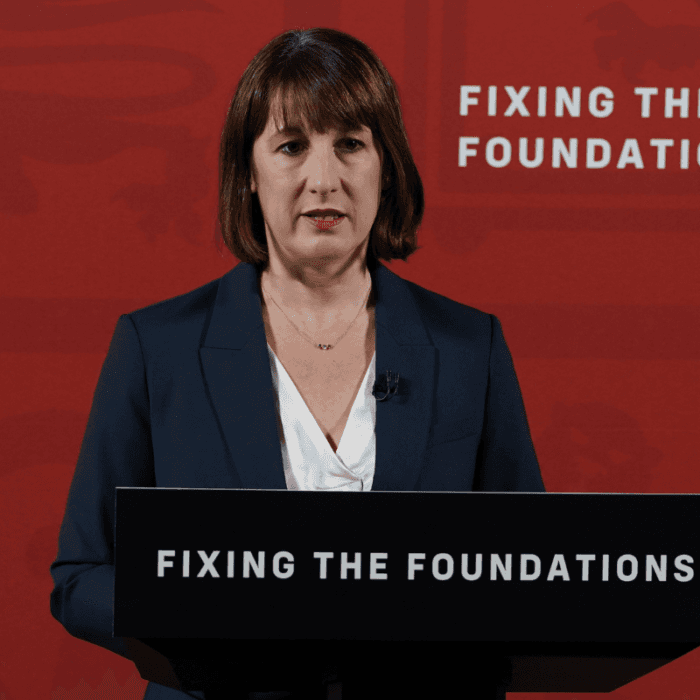The business rates reforms announced in the Budget will see a new levy placed on NHS hospitals, police stations, and universities, analysis suggests.
Data by commercial real estate intelligence firm Altus Group released on Monday showed that hundreds of NHS and higher education properties will be subject to higher taxes next year.
It follows the changes announced by Chancellor Rachel Reeves in her Budget statement last week, in which she vowed to reform the current business rates regime to ease the burden on smaller high street firms and operators.
Business rates are calculated by multiplying a property’s rateable value, as assessed by the Valuation Office Agency, with a government-set multiplier. Various reliefs, such as small business and charitable rate relief, can reduce the amount businesses owe.
Under the changes, tax will be lowered for high street retailers, hospitality, and leisure businesses premises with a rateable value of less than £500,000 from 2026. The government plans to fund this by introducing a higher multiplier on properties with a rateable value of £500,000 and above.
This includes the majority of large distribution warehouses including those used by online giants such as Amazon.
However, according to Altus Group, the reform will also affect premises used by 297 NHS hospitals, including the Royal London Hospital, Royal Derby Hospital, and Bristol’s Southmead Hospital.
Ten properties used by the Metropolitan Police, including New Scotland Yard in London, will also be subject to higher taxes. Additionally, 310 universities and 309 further education colleges fall in the category of properties with a rateable value of £500,000 and above.
Government departments will also have to foot higher tax bills for over 200 properties that include military barracks, court buildings, and prisons.
President of property tax at Altus Group, Alex Probyn, said that Labour’s business rates reform plan had been “ill-thought-out.”
Impact on Businesses
The government said in the Budget that its reforms will deliver “fairer business system that protects the high street, better incentivises investment, and is fit for the 21st century.”Ministers are yet to specify the size of the increase for premises that are valued at £500,000 and above.
Responding to business rates changes from 2026, the British Retail Consortium (BRC) said that many questions about new charges and discounts remain unanswered.
With bigger brands key to attracting shoppers and boosting investment for the high street, BRC’s Chief Executive Helen Dickinson stressed the importance of all businesses for economic growth.
“Charging more to businesses with higher rateable values may punish not only distribution hubs, but also larger stores, which play a key role in attracting footfall to high streets and town centres.
“With retailers paying over 21% of all business rates in the economy, the solution is not to simply shift the burden around the industry, but to look outside retail. Without action to address the disproportionate impact of business rates on retail, the Government’s plan is simply robbing Peter to pay Paul,” said Dickinson in a statement.
She added that tax relief for smaller businesses for 2025–2026, while beneficial, represents a significant decrease from the current year.
Elsewhere in the Budget, the government increased the employer National Insurance Contributions (NIC) by 1.2 percent, from 13.8 to 15 percent from April next year.
The Confederation of British Industry (CBI), which represents 170,000 businesses, said it was a “tough Budget for business.” CBI Chief Executive Rain Newton-Smith warned that NIC hikes will increase the burden on business and make it more expensive to hire people or give pay rises.
The British Beer and Pub Association (BBPA) welcomed the Budget’s business rates relief—“albeit at a lower percentage”—and the announced cut to draught beer duty.
However, it added, the cumulative impact of announced changes means a £500 million increase to the cost of doing business for the industry. It puts pubs, brewers, investment, and jobs at continued risk, said BBPA CEO Emma McClarkin.







